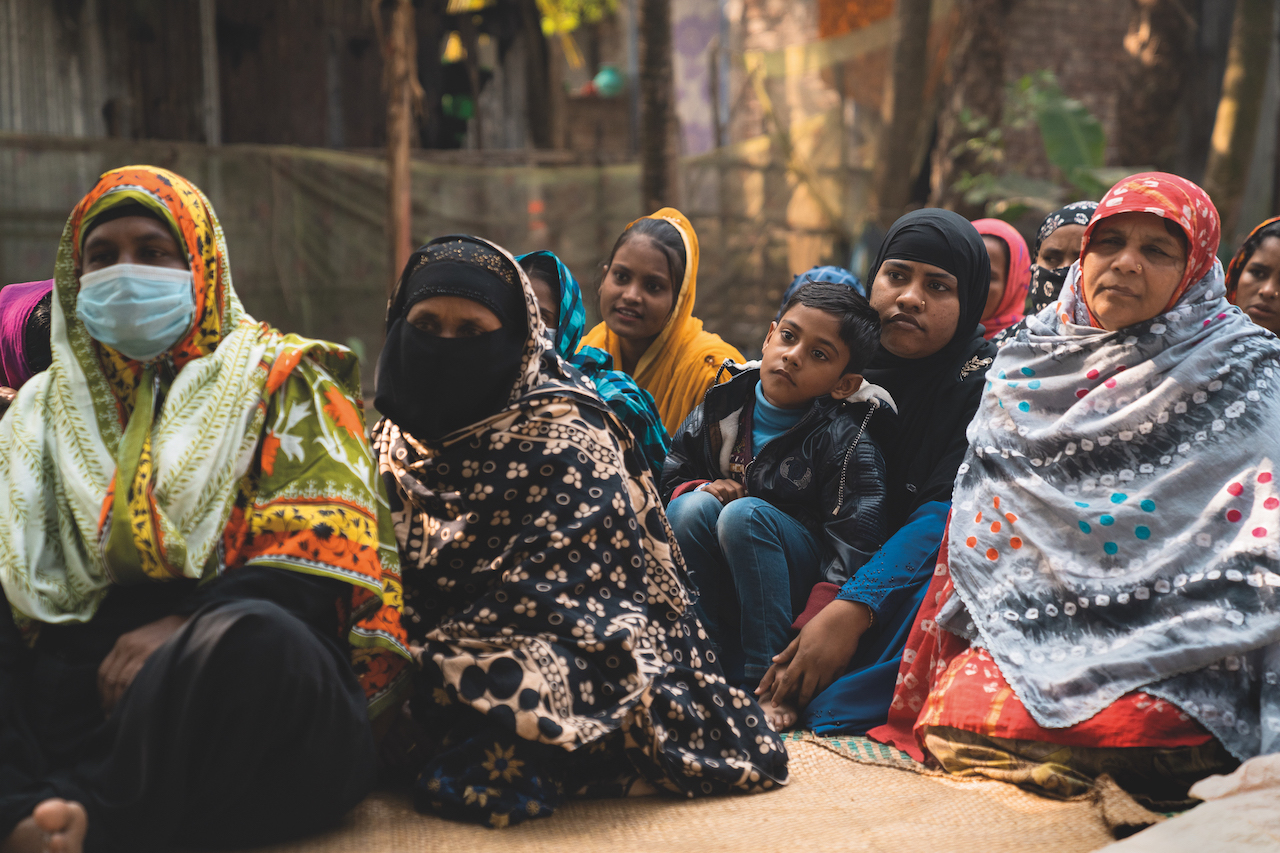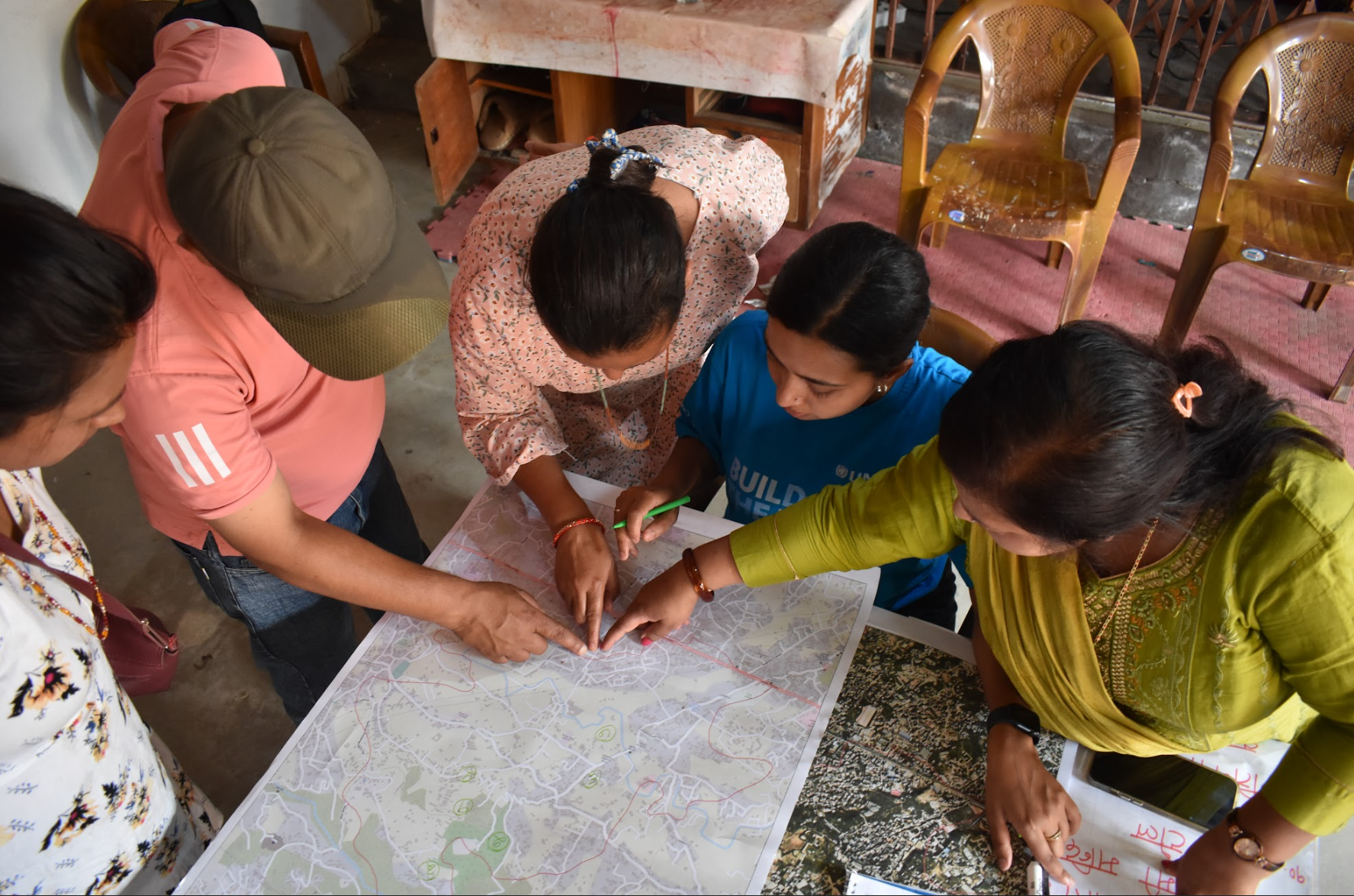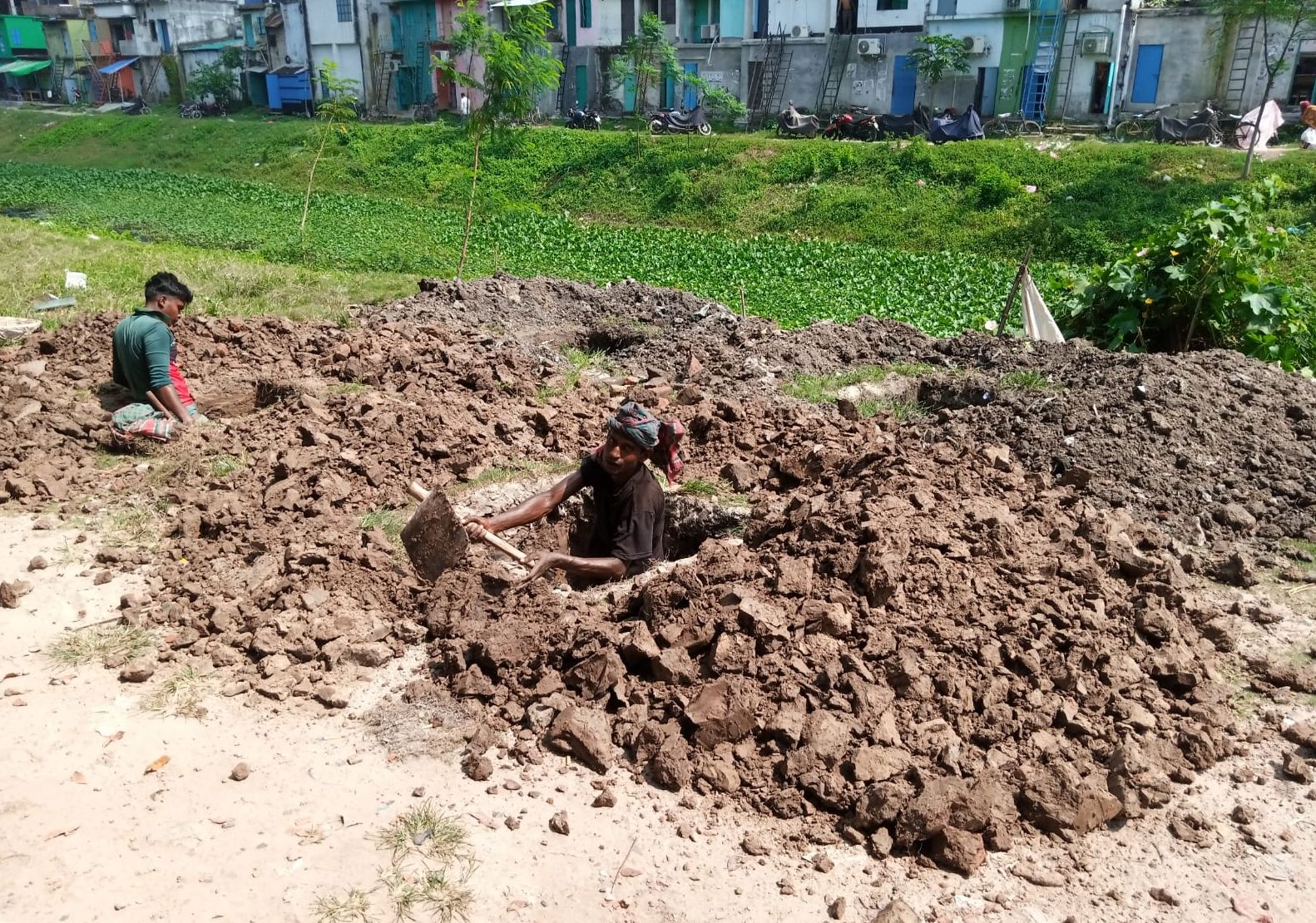Cities Alliance hosted two virtual workshops in October and December 2020 to enable grantees of the Stronger Partnerships: Local Innovations for New Climate Realities in Cities initiative of the Innovation Programme to share knowledge and learn from each other's experiences implementing projects aimed at community-based climate change adaptation.
The initiative focuses on informal urban communities in regions particularly affected by the impacts of global warming in Africa and Asia. It is part of the Cities Alliance Global Programme on Climate Change, Resilience and Informality in Cities, co-funded and supported by the Swedish International Development Cooperation Agency (SIDA) and the German Federal Ministry for Economic Cooperation and Development (BMZ).
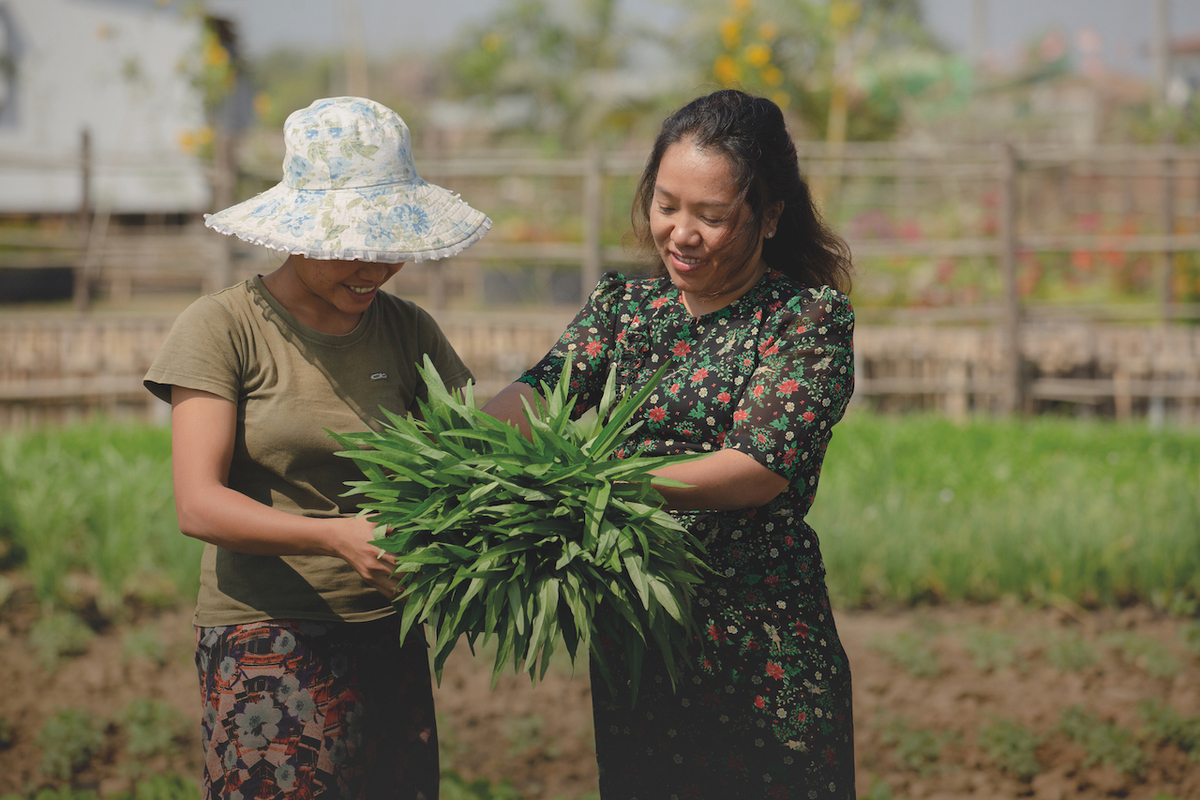
The workshops, "Engaging the Ecosystem Successfully" and "Creating Effective M&E Systems that can Enhance Proper Storytelling to Inspire Communities Towards Action," were the second and third of a six-part series begun in September 2020. The series is designed to foster peer-to-peer learning through community of practice sessions among Innovation CfP20 Programme grantees that allow them to share knowledge, experiences and best practices on implementing their climate adaptation projects.
The community of practice also offers a supportive environment for discussing unexpected challenges grantees may face, such as the unprecedented cyclone that struck Somalia in November.
The workshops are organized in rotating bilateral sessions. Participants from two different countries work together during a single session, followed by discussion and input from the other participants and Cities Alliance team members in a general session.
The second webinar focused on the lifecycle of the partnership process within the context of grant-funded projects, while exploring three main areas for engagement: local stakeholder communities, local municipalities, and the private sector.
All five of the innovative projects seek to encourage community participation, especially from target groups such as women and youth, and all rely on cooperation with local governments and good communications with sponsoring organizations. As such, all of the projects benefit from strong partnerships with effective working relationships among stakeholders.
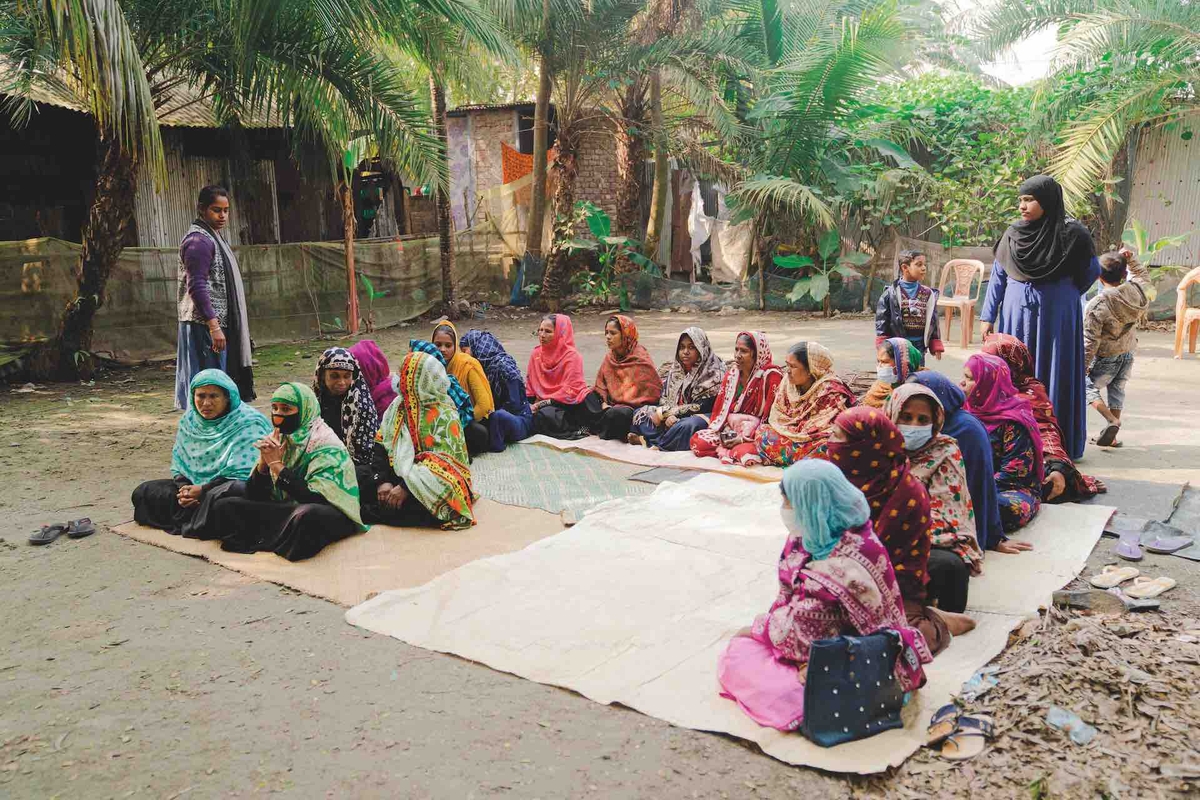
Through the learning sessions, participants worked together to identify challenges and make recommendations for effective engagement with partners. They also acknowledged that each form of engagement may require navigating circumstances in ways that best encourage working relationships for a specific partnership.
The focus of the third webinar was monitoring and evaluation; not just in terms of accountability in the traditional sense, but to create a successful communications strategy to help build understanding, engagement, and support at the local level and beyond.
The five project participants explored approaches for engaging and including stakeholders and the community in the M&E process through methods such as:
- Holding community meetings for discussions;
- Encouraging stakeholders to participate in identifying intended, unintended, positive and negative results and dynamics;
- Engaging community volunteers and providing basic training; and
- Facilitating community-based adaptation practices, such as incorporating integrated learning into monitoring.
A primary discussion area was on the use of baselines as part of M&E for the innovative projects. Participants from Kenya's Hope Raisers Initiative and Tree Adoption Uganda shared key reasons for creating baselines during the implementation process for their projects.
Hope Raisers sought to better understand people's perceptions of climate change, its impacts on their lives and behaviours, and the level of risks it presented so that the project team could tailor communications and approaches more effectively from the outset.
Tree Adoption Uganda aimed to better understand, from the community's perspective, the underlying causes of the problem, what might work to solve it, and what initiatives the community would welcome and own – an approach that actually led to a significant change in the project's design at the early stages.
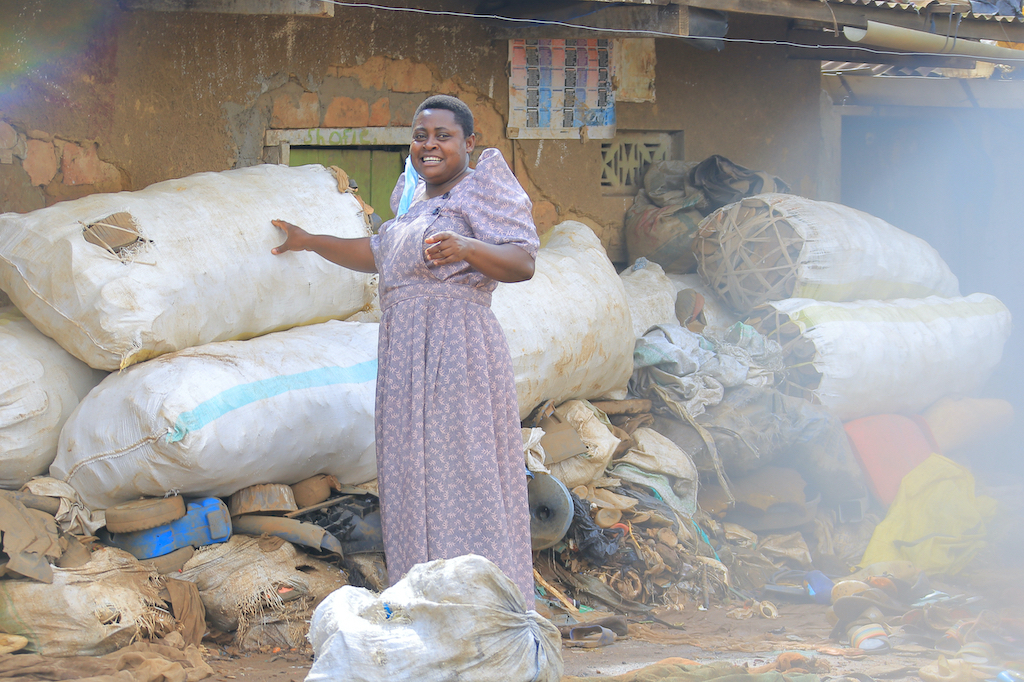
Both of the community of practice webinars created opportunities for participants to share their own knowledge through peer learning sessions and explore additional concepts and dimensions that could be incorporated in their projects, drawn from the experiences of their peers.
Future Cities Alliance webinars scheduled for 2021 will focus on resiliency, tools, and methodologies for improved decision making, frameworks for best practices, and lessons learned through the implementation of the five Innovation CfP20 projects.

